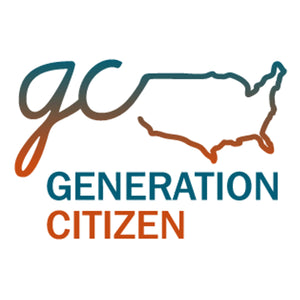
Generation Citizen Action Civics Education Program: Young Leaders of Tomorrow
Don't talk about change. Lead it.
The Problem
Today, across the U.S., political disillusion, disengagement, and illiteracy are rampant. 77% of Americans between 18 and 34 do not know the name of even one U.S. senator representing their state. Fewer than a third of Americans born after 1980 consider it “essential” to live in a democracy. (Journal of Democracy, July 2015).
Civics education was once at the heart of American public school’s very purpose: to prepare the next generation to be informed and responsible stewards of our democracy. Previous generations often took as many as three government courses before graduating high school. Due to trends like standardized testing and greater emphasis on other subjects, states and districts have scaled back social studies in general and civics education in particular. As a result, civics is often absent from a young person’s education, most prominently among low-income schools.
Lower-income students demonstrate significantly lower levels of achievement in standardized tests of Civics. In 2014, only 23% of 8th graders were proficient in civics (NAEP). These students often believe that their opinions and engagement are not valued in public life (Godsay, 2012). This chasm has been coined the “civic empowerment gap” (Levinson, 2011). The threat this poses is a democracy from which entire communities are excluded resulting in policies that benefit the interests of the loudest versus the interests of all.
If entire generations of young people grow up without understanding or appreciating their roles in the democratic process, it cannot be long before democracy itself suffers.
The Solution
Generation Citizen (GC) is bringing civics back into the classroom and bringing the subject to life. GC partners with schools to implement Action Civics, a student-led, project-based approach to civics. Students learn about democratic structures and processes by engaging with them to address an issue personally affecting them in their communities, like drug use or police relations.
Taught over the course of a semester, often during Social Studies or History, students select one local issue to work on as a class, determine the root cause, and select a goal to address it. Half of the program is implementing their action plan which includes outreach to decision makers. Consistently, 90% of students leave the classroom believing they can make a difference in their community. “GC taught me that age is not an excuse for political apathy. I now feel more conscious about the impact I can have on my community, regardless of its scale,” Emily Larcher, GC alumnae from Queens, NY, shared following her experience.
Demand for GC’s Action Civics program has increased both in response to the success of the program and due to the current divisive political climate. To respond, GC launched a strategic growth plan the spring of 2017 to inform the path to scale.
GC will expand in both urban and rural areas and reach all the country’s geographic regions and triple the number of students who receive action civics education through GC to 30,000 a year by 2020.
Stage of Development
- Early Stage
- Established Prototype
- Scaling
- Other
Organization to Receive Funds
Generation Citizen






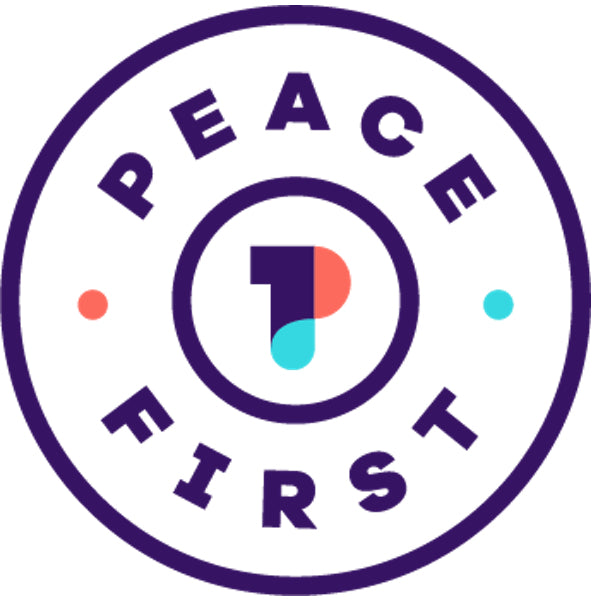

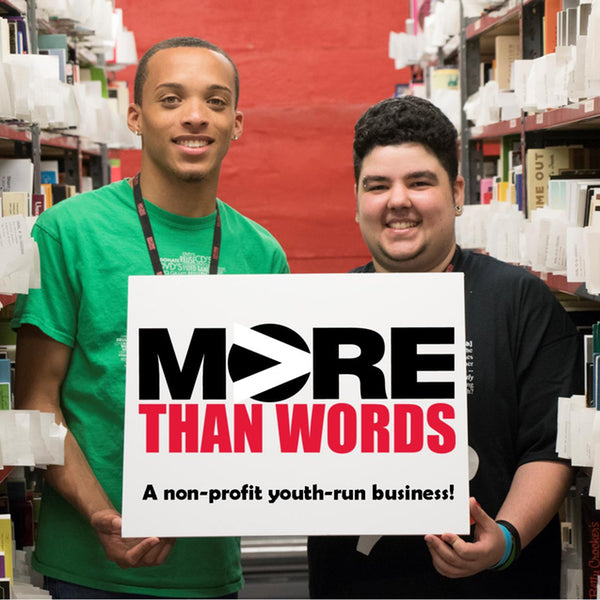
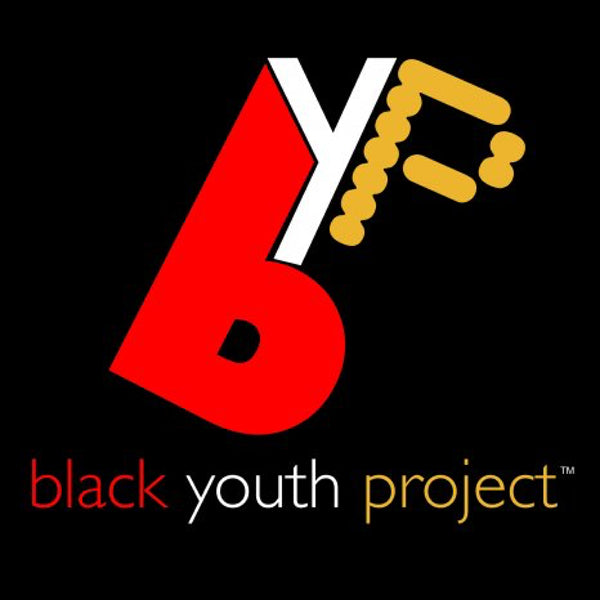

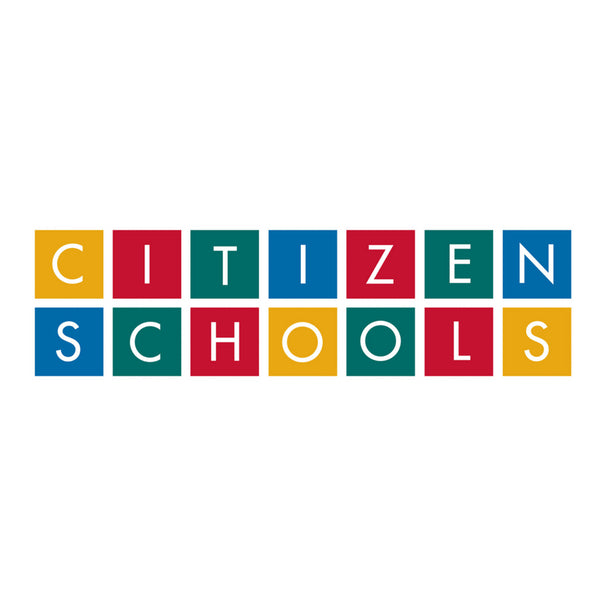

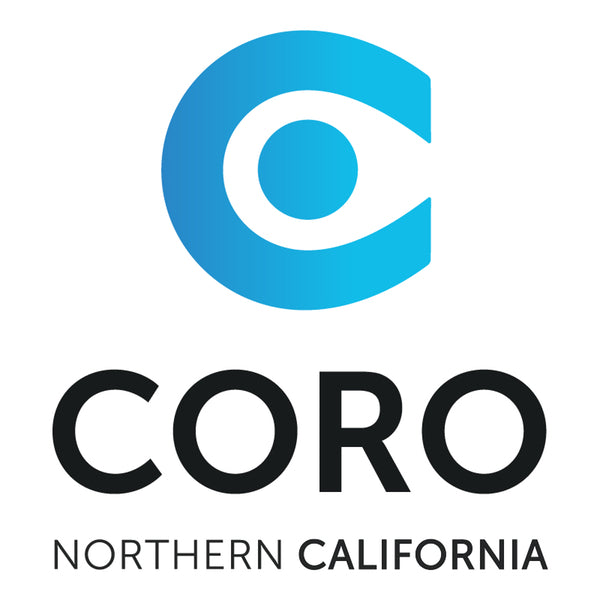
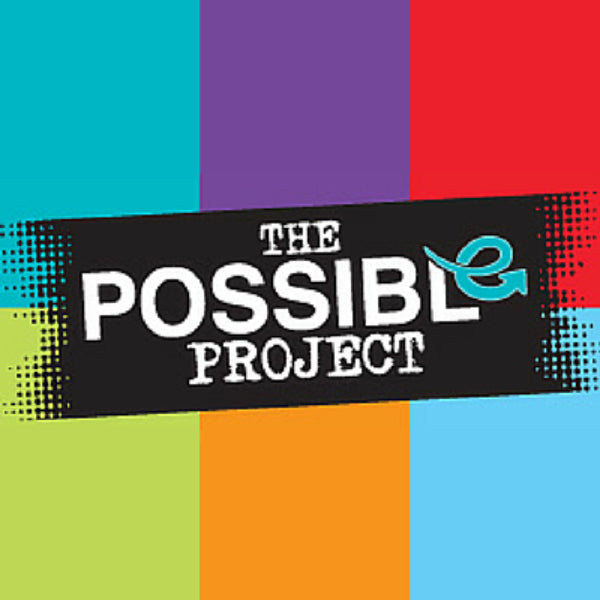
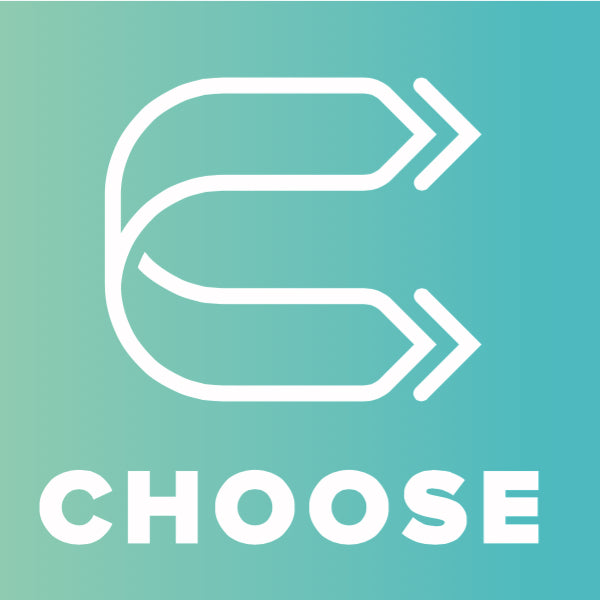
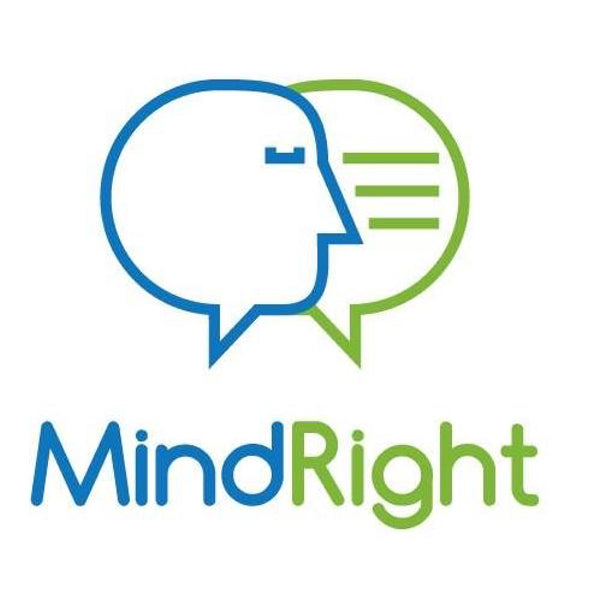
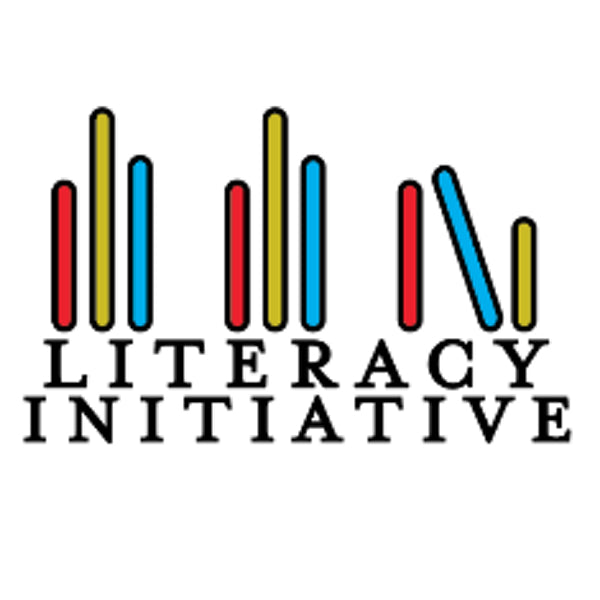
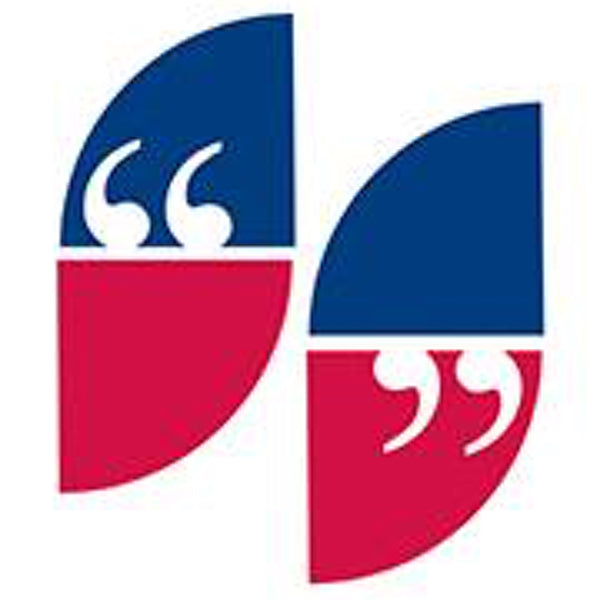
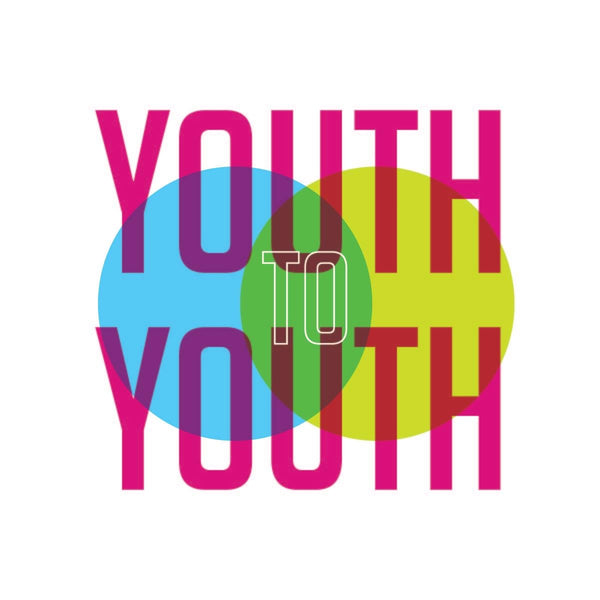
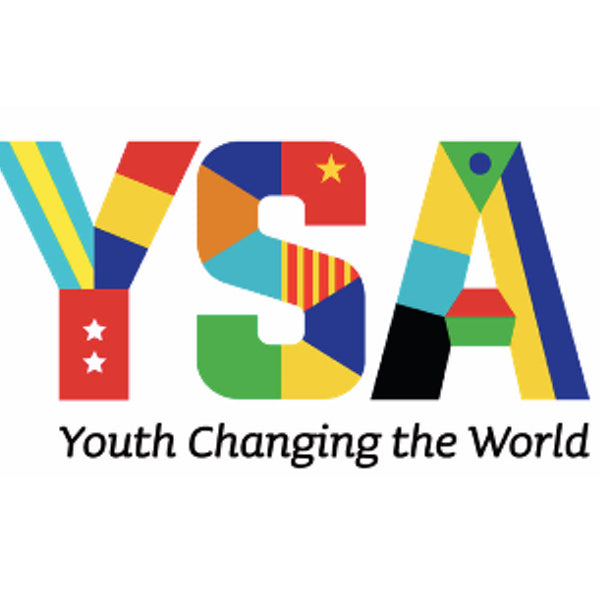
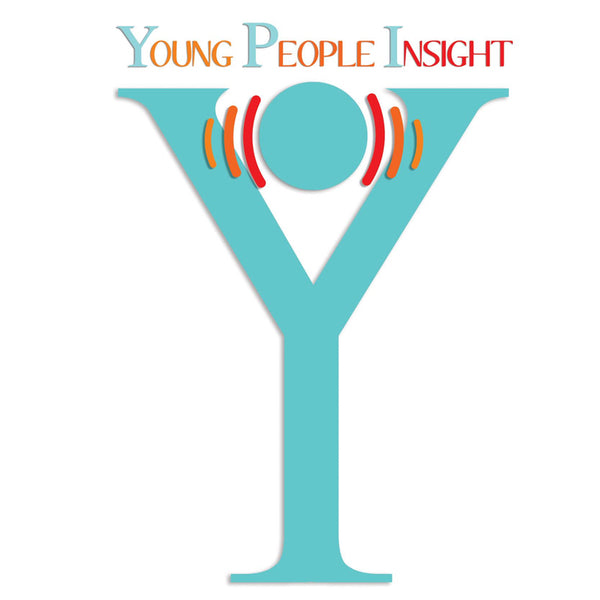
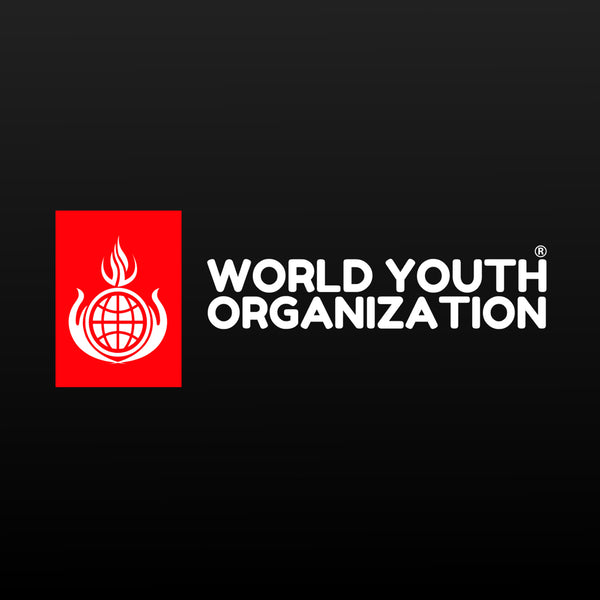
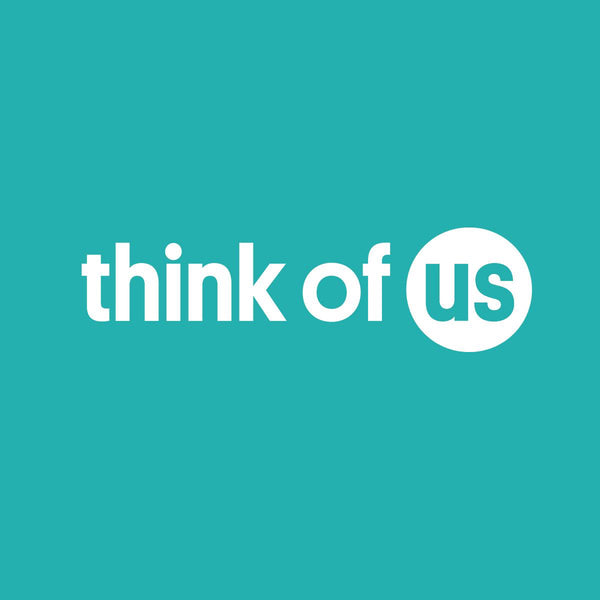



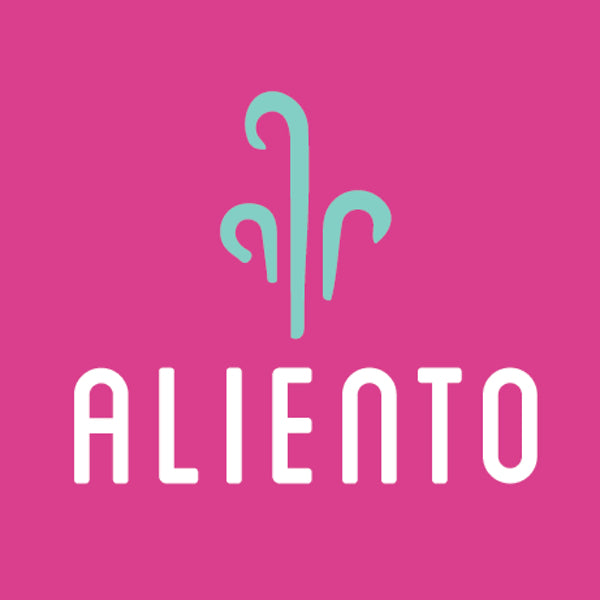
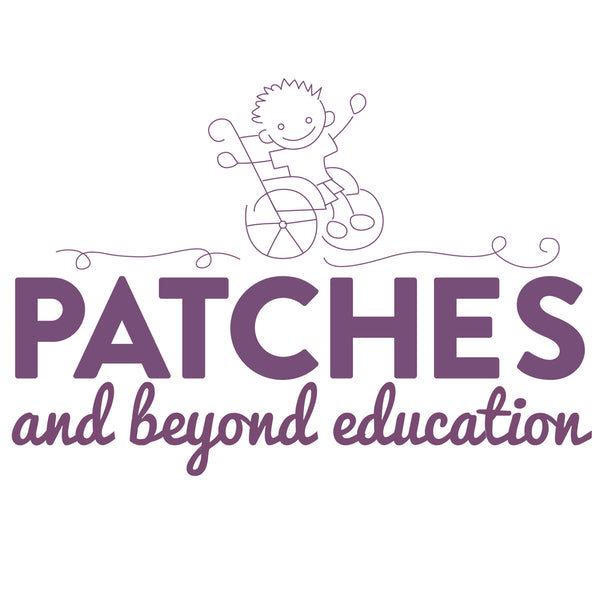
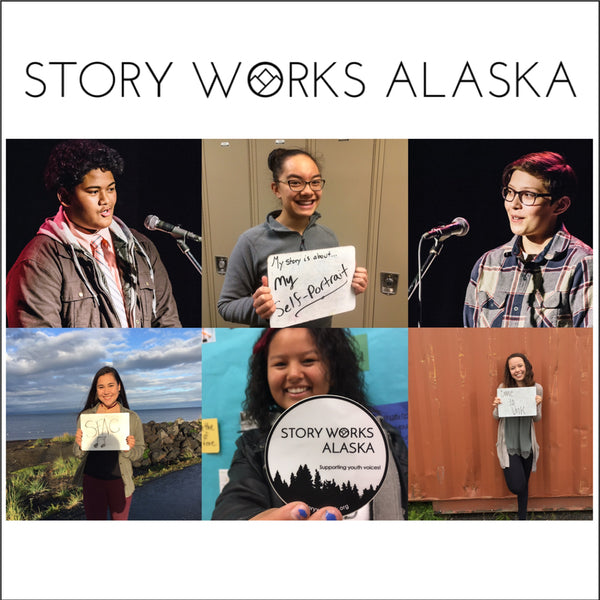
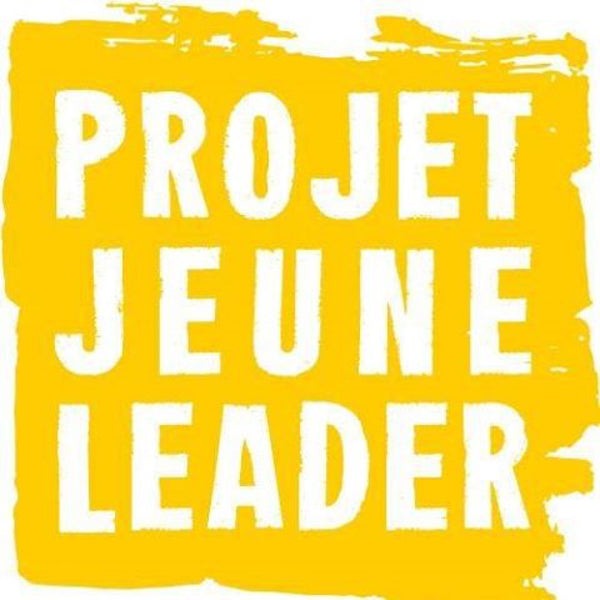
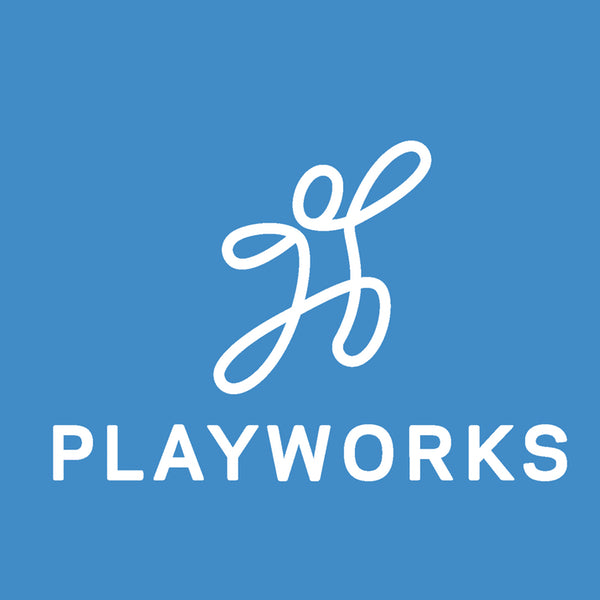
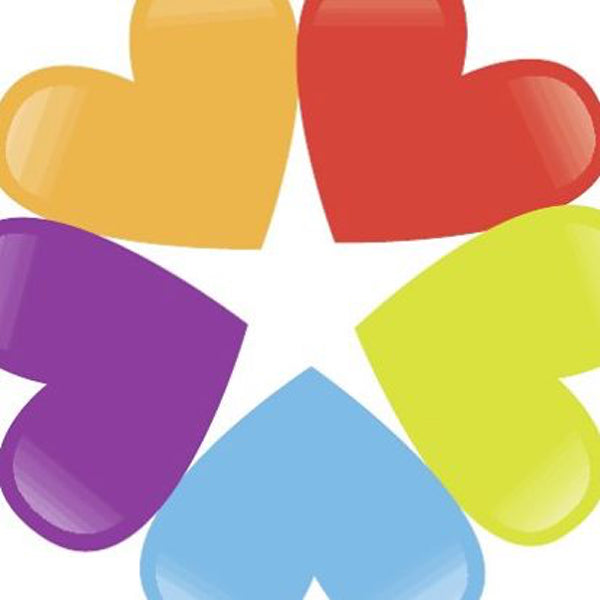

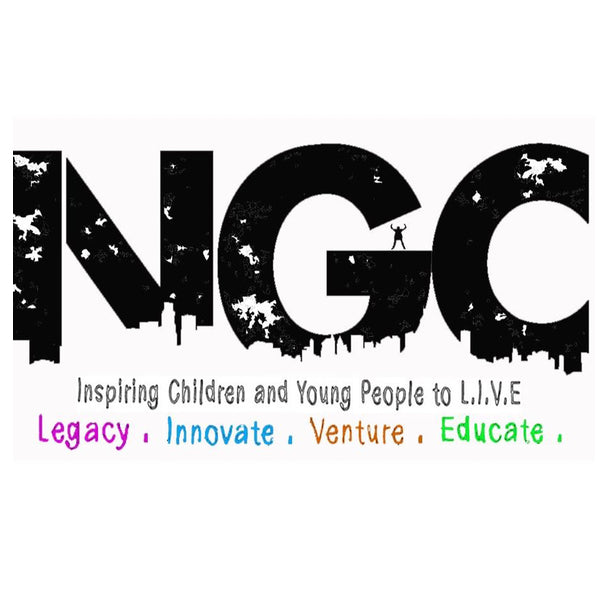
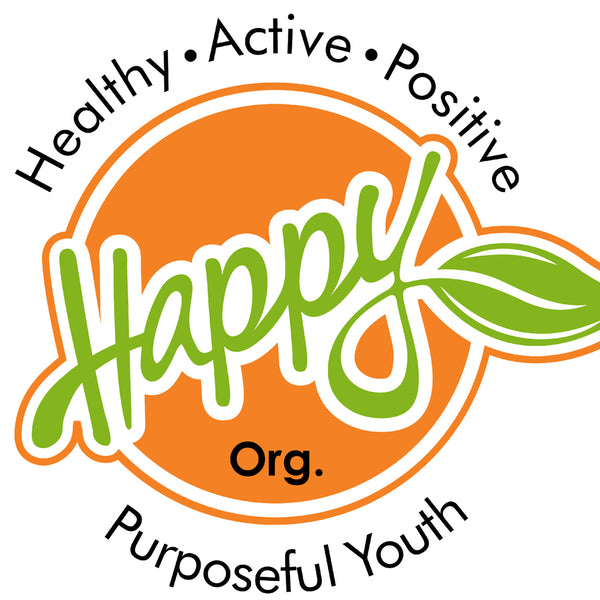







Join The Discussion